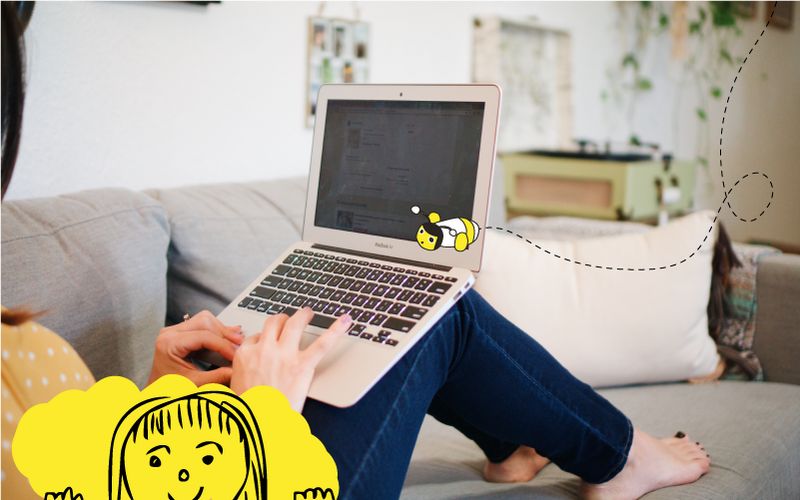Many of us assume it’s a given that flexibility in the workplace makes you happier – but is this really the case?
I recently had a meeting with a senior manager who strongly disagreed with this view. He argued that there is no evidence that the flexibility of working from home (WFH) makes everyone happier across the board. While he did concede that there were some people who were happier as a result of this work arrangement, he emphasised that there are many others for whom it is an inconvenience, not a benefit.
This conversation led me to think about workplace flexibility in a new light. Compulsory WFH during the lockdowns certainly proved that a lot of roles are capable of being performed effectively from home. But does this mean that this is something we should do long term?
The Complexity of Workplace Flexibility
Looking at the working arrangements we enjoy at Beyond Recruitment, there is no doubt that we can perform many tasks remotely, but doing so can mean we miss out on the wonderful vibe of activity that you get in an office situation. We also have a large number of extroverts who love being in the office, gaining their energy from interactions with others. For them, working from home isn’t necessarily their favoured option.
Everyone’s home situations vary. Some include small children or a poorly designed at-home workspace. For those that don’t have a dedicated workspace, the constant distractions caused by “jobs” that need to be done or the noise of little ones negate the positives of WFH.
As a manager, working from home can mean I miss out on hearing conversations both internally and on the phone that not only gives me a sense of what’s going on around me but also allow me to have “in-the-moment” coaching conversations. In the office, my team are more likely to ask for help as situations arise, because I’m right there. Remotely, they can’t see what I’m doing, so are sometimes reluctant to give me a call for something that may be just minor. While this can lead to them being better at solving their own problems, which is positive, it can also lead to situations where a problem escalates, which may not have done so if it had been nipped in the bud early on.
Then there is the issue of inflexible flexibility. Sounds like an oxymoron, right? With a number of organisations (particularly within government) cutting back on the number of desks, they can’t have everyone at work at the same time. This creates a roster situation that dictates when you are allowed to come into the office. Although there can be some exchanging of days with team members, this does tend to be fairly inflexible. When something comes up outside of your scheduled WFH day/s, such as your child receiving an award at assembly, it can no longer feel appropriate to request further time out of the office.
Additionally, flexibility isn’t just working from home. It can also include flexible start and finish times, for example, the ability to pop out to the gym or include study as part of your working week. For some people, this is much more important than the option to WFH.
At the end of the day, workplace flexibility involves far more complexity and “grey area” than simply allowing people to WFH, and there is no one-size-fits-all arrangement. To leverage the full benefits of flexibility and truly boost happiness and productivity, we need to consider the requirements of individuals, teams and the organisation as a whole, and strike a balance that will achieve the best outcomes for all.
Summary
It seems to me that the conversation on what flexibility and WFH will look like in the future has only just begun. It promises to be an interesting debate and it will be fascinating to see how flexibility evolves in the future. Whatever it looks like, may it make us happier!
If you are hiring for a role that involves flexibility or searching for an opportunity that allows you to achieve greater work/life balance, feel free to get in touch with me – I’d be glad to help you find the right situation for your business or career.





